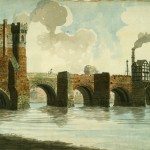Browse Times
1741-1755
1741
Founding of Birmingham’s Aris’s Gazette. Samuel Garbett and James Roebuck established the large-scale manufacture of sulphuric acid in Birmingham for the brass industry.
1742
Benjamin Huntsman invented the crucible steel technique for smelting the metal at high temperatures.
1743
Thomas Boulsover produced the first Sheffield Plate. The development was taken up by Matthew Boulton at Soho.
1744
Violent anti-Methodist Riots at Wednesbury, Darlaston, Walsall and West Bromwich. Admiral George Anson and his elder brother Thomas created an estate at Shugborough Hall, Staffordshire.
1745
The Jacobite Rebellion: Bonnie Prince Charlie reached Derby. The poet William Shenstone began to transform an estate he inherited at Leasowes near Halesowen into a place of beauty which influenced many future landscape designers.
1747
J and N Philips installed Dutch swivel looms at Tean Hall in Cheshire for the manufacture of tape.
1748
Daniel Bourne and Lewis Paul patented the first carding machine.
1751
Concrete evidence of the first “Jews House” in Birmingham.
Articles in this time period
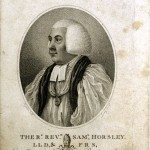
Priestley and the Church of England
Image: Bishop Samuel Horsley, one of Priestley’s main Anglican opponents. Image from: Birmingham City Archives, Priestley Collection by Samuel… read more »
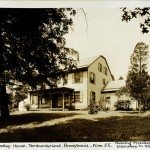
Priestley in Northumberland, Pennsylvania
Image: Joseph Priestley House, Northumberland, Pennsylvania, from the south-east showing Priestley’s laboratory Image from: Birmingham City Archives, Priestley Collection… read more »
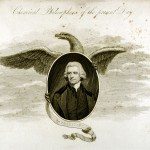
Priestley’s Arrival in America
Image: Chemical Philosophers of the Present Day, Dr Priestley. The apotheosis of Joseph Priestley. The scientist ascends into… read more »
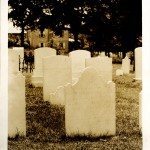
Priestley’s Death and long-term Reputation
Image: Gravestone of Dr Priestley in the Cemetery of Northumberland, Pennsylvania. “To the memory of the Rev Dr… read more »
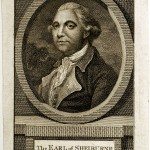
Priestley’s Early Career
Image: The Earl of Shelburne, Priestley’s patron from 1772 to 1780 Image from: Birmingham City Archives, Priestley Collection by… read more »
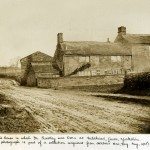
Priestley’s Origins
Image: Birthplace of Joseph Priestley, Fieldhead, Leeds, Yorkshire. Image from: Birmingham City Archives, Priestley Collection by Samuel Timmins Joseph… read more »
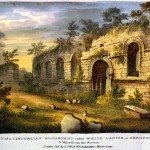
Remains of a Cistercian monastery called White Ladies in Shropshire
From Picturesque Views of the Severn, 1824 by Thomas Harral
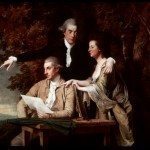
Rev. d’Ewes Coke and Family
Joseph Wright of Derby (1734-1797). Oil on canvas. Image from: Derby Museum & Art Gallery
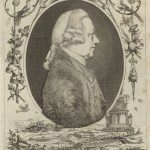
Richard Greene and 18th Century Museums
Image: Portrait of Richard Greene. Stebbing Shaw, History and Antiquities of Staffordshire, Vol.1 (London, 1798). Image from: Local Studies and… read more »
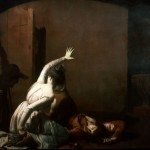
Romeo and Juliet, the Tomb Scene
Joseph Wright of Derby (1734-1797). Oil on canvas. Image from: Derby Museum & Art Gallery
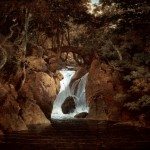
Rydal Waterfall
Virgil was a famous Roman poet who died in 19 BC. His tomb was located in the… read more »
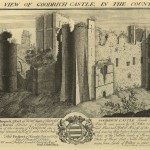
Samuel and Nathaniel Buck’s Views of Ruins of Castles & Abbeys in the Midlands 1726-1739
Image: South East View of Goodrich Castle in the County of Hereford Source: Samuel & Nathaniel Buck, Views of… read more »
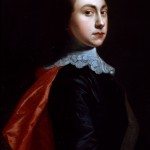
Self Portrait at the age of 20 by Joseph Wright
Joseph Wright of Derby (1734-1797). Oil on canvas. Image from: Derby Museum & Art Gallery
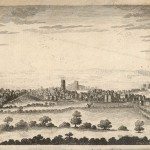
Sir John Floyer and Lichfield
Image: South-west view of Lichfield, an eighteenth century print engraved by J Ryland and published in John Jackson, History… read more »
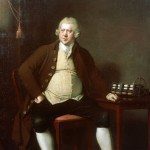
Sir Richard Arkwright: Industrialist
The art of portraiture was changing during the Industrial Revolution. The expansion of commerce and industry in… read more »
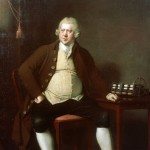
Sir Richard Arkwright: Industrialist
Image: Portrait of Sir Richard Arkwright (1789-1790). Joseph Wright of Derby, Oil on Canvas. Text: Olga Baird… read more »
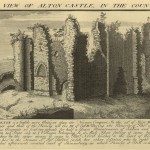
South West View of Alton Castle in Stafford
Source: Samuel & Nathaniel Buck, Views of Ruins of Castles & Abbeys in England, Part 2, 1726-1739 (nd), Arts, Languages… read more »
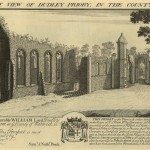
South West View of Dudley Priory in Stafford
Source: Samuel & Nathaniel Buck, Views of Ruins of Castles & Abbeys in England, Part 2, 1726-1739 (nd), Arts, Languages… read more »
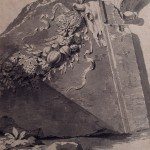
Study of Fragment of a Classical Frieze, Rome (1774)
Image: Joseph Wright of Derby (1734-1797), Pencil, pen and grey ink and grey wash. Image from: Derby Museum &… read more »
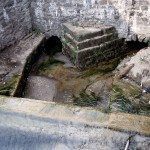
The “Bear Pit”, Cromford, Derbyshire
Known to locals as the “Bear Pit”, this example of hydraulic engineering was constructed in 1785 by… read more »
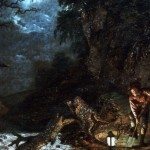
The Earthstopper on the Banks of the Derwent
Joseph Wright of Derby (1734-1797), Oil on Canvas Image from: Derby Museum & Art Gallery
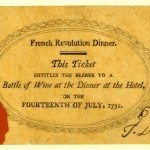
The French Revolution Dinner 14 July 1791
Image: French Revolution Dinner. This Ticket entitles the bearer to a Bottle of Wine at the Dinner at… read more »
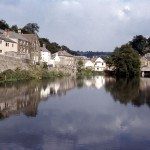
The Greyhound Pond, Cromford, Derbyshire
The pond was a man-made dam created in about 1785 to provide the main source of water… read more »
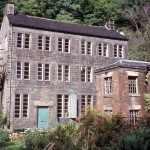
The Loom Shop, Cromford, Derbyshire
This three-storey building was probably Sir Richard Arkwright’s loom shop and was built between 1776 and 1786.… read more »
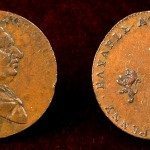
The occurrences of common life: Samuel Johnson, Practical Science and Industry in the Midlands
Image: 18th Century Birmingham trade token (n.d.). H Biggs halfpenny with a bust of Dr Samuel Johnson and… read more »
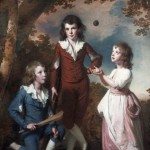
The Wood Children
Joseph Wright of Derby (1734-1797), Oil on Canvas Image from: Derby Museum & Art Gallery
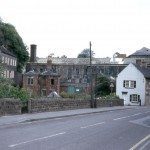
Upper Mill, Cromford, Derbyshire
The photograph shows four buildings. The Upper Mill in the centre was constructed in 1771 as a… read more »
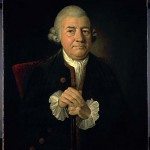
Vassilii Pushkin: a Collector of Books
Image: Portrait of John Baskerville (1706-1775), Type Founder and Printer, painted by James Millar in 1774. Oil on… read more »
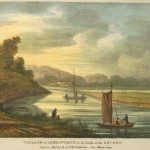
Village of Ashelworth, Gloucestershire on the banks of the Severn
From Picturesque Views of the Severn, 1824 by Thomas Harral
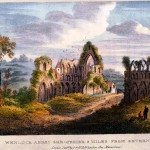
Wenlock Abbey, Shropshire, three miles from the Severn
From Picturesque Views of the Severn, 1824 by Thomas Harral
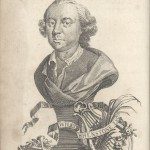
William Shenstone, The Leasowes, and Landscape Gardening
William Shenstone was born in 1714 and died in 1763. His fame rests on his reputation as… read more »



